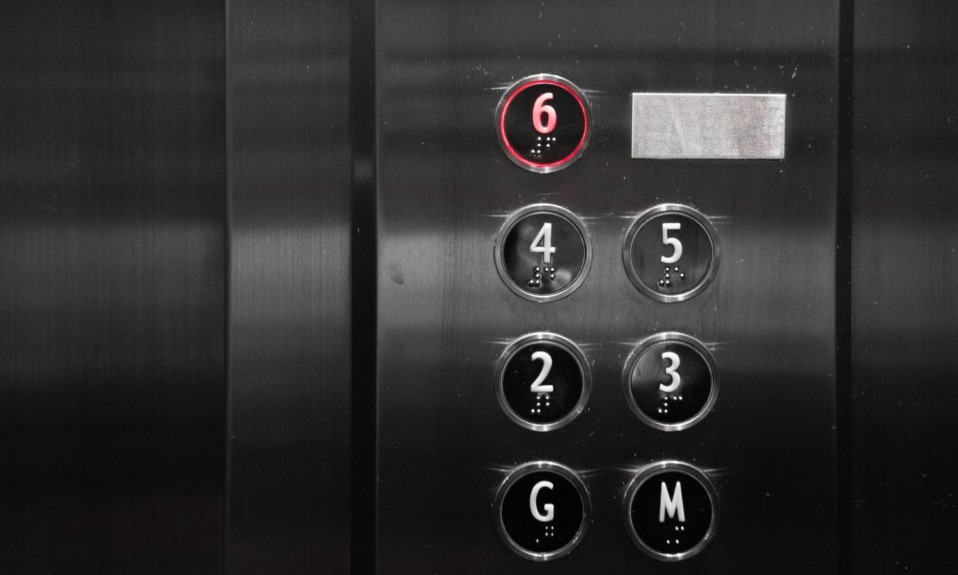A weekly roundup on the latest in addiction science, medicine and care
By William Wagner
July 9, 2020To help keep all of us in the addiction and treatment community in the know, we at TreatmentMagazine.com welcome you to our new weekly column, “From the Journals.”
Think of it as your own little life raft on this roiling sea of addiction-related information. Each week we’ll dive into the deep waters—from peer-reviewed journals to associations, institutes and academia—and surface with a few of the most notable morsels of knowledge about what’s new and next in addiction science, medicine, care models and outcomes data.
From Addiction Professional:
Overcoming Opioid Addiction with Contingency Management
It seems like every week delivers a different approach to treating addiction. Among those that are gaining some traction is contingency management, a rewards-oriented therapy. The theory is that it’s possible to forge positive behaviors in people suffering from opioid addiction with “enticements.” For example, if you attend your counseling sessions on a regular basis, you can earn a job interview at a local store. As simplistic as contingency management might seem, it has produced encouraging early results for Community Medical Services (CMS), which is headquartered in Arizona and runs opioid treatment programs in nine states. CMS’s Haley Horton and Michael White plan to share their findings during a National Conference on Addiction Disorders (NCAD) virtual conference from July 30–Aug. 2.
From JAMA Psychiatry:
Computational Psychiatry and Addiction
How can computational psychiatry—a data-driven form of treatment for mental illness—play a role in conquering addiction? In a July 2020 JAMA Psychiatry article, “Translation of Computational Psychiatry in the Context of Addiction,” Shuyan Liu, Ph.D., Raymond J. Dolan, Ph.D., and Andreas Heinz, MD, Ph.D., tackle that very question. The article examines how computational models of the ways in which people learn have the potential to drive addiction research forward and ultimately lead to better outcomes.
From the National Institute on Drug Abuse (NIDA):
The Ramifications of Pre-Parental Marijuana Consumption
Not to rain on your parade, future parents, but the weed you’re smoking today might wind up impacting your children’s use of the substance. That’s the conclusion of a recent NIDA-sponsored study anyway. Conducted by the University of Washington’s Marina Epstein, Ph.D., and some of her colleagues, the study tracked 426 families from 2002 to 2018. According to the research, children of parents with past patterns of marijuana use are at greater risk of gravitating to the drug themselves. Links already had been established between contemporary marijuana use of parents and that of their kids, but this study troubles the public health community because of its findings about the pre-parental years.
From The American Journal on Addictions:
Probing Ethnic Variables in Alcohol Abuse among Vets
Alcohol abuse is an ongoing battle for many U.S. military veterans, and in what is believed to be the first study of its kind, the American Academy of Addiction Psychiatry delved into the ethnic/racial side of the problem. The results, published in June 2020 under the title “Race, Ethnicity and Clinical Features of Alcohol Use Disorder Among US Military Veterans,” were culled from data in the National Health and Resilience in Veterans Study. According to the findings, black veterans are less likely to slide into lifetime alcohol abuse than their white and Latino counterparts.














